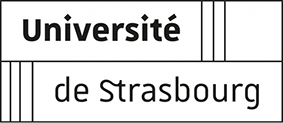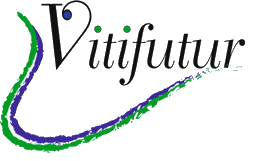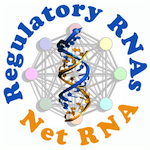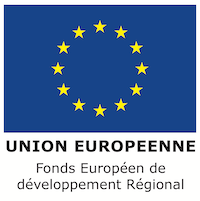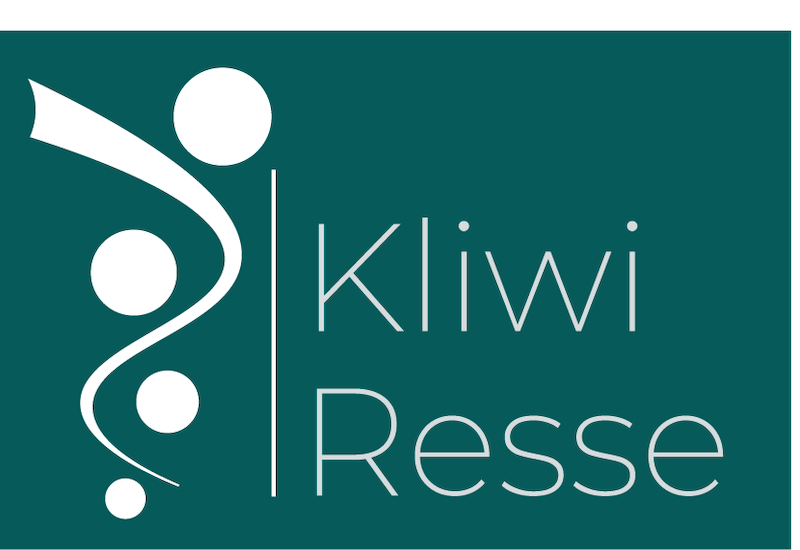Plants are constantly faced with the need to arbitrate between two priorities: ensuring their growth and development, or mobilizing their defenses against pathogens. Excessive defense can limit growth, while excessive growth may increase vulnerability to disease. This compromise, known as the growth-defense tradeoff, represents a central issue in plant biology and agriculture.
In a study published in Science Advances, the team of Shunping Yan (Wuhan University, China), in collaboration with the team of Pascal Genschik (IBMP, CNRS/Unistra), highlights the central role of the Polymerase-Associated Factor 1 complex (PAF1c) in regulating the delicate balance between growth and immune defense in the model plant Arabidopsis thaliana. In this work, the researchers demonstrate that PAF1c, a complex associated with RNA polymerase II, acts as a major transcriptional regulator by modulating the expression of genes involved in both development and immune responses. Genetic and transcriptomic analyses reveal that inactivation of specific subunits of the complex leads to a profound reprogramming of the plant’s metabolic priorities, affecting both pathogen resistance and biomass.
This study illustrates how a chromatin regulator can broadly influence the physiological balance of plants, linking the transcriptional machinery to strategic decisions between growth and defense.
These findings open new perspectives for crop breeding and improvement, by identifying a key player capable of readjusting this tradeoff according to environmental constraints.

